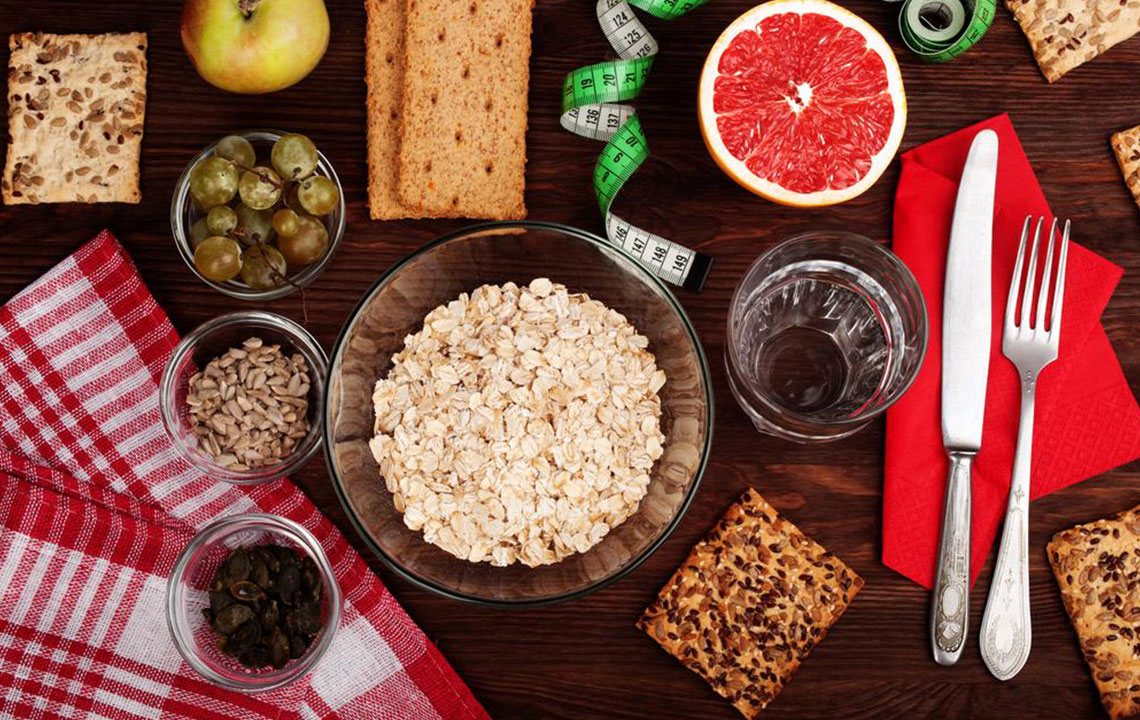The Ultimate Guide to Managing Diabetes Through Effective Meal Planning Strategies
This comprehensive guide provides valuable strategies for managing diabetes through tailored meal planning. It emphasizes nutrient-rich foods, shares healthy recipes, and underscores the importance of lifestyle adjustments. Proper diet and lifestyle are vital for controlling blood sugar, preventing complications, and promoting overall health. Whether newly diagnosed or seeking better management, this article offers expert insights and practical tips to support a balanced, diabetic-friendly diet for sustained wellness.

Comprehensive Approaches to Dietary Management for Diabetes Control
Proper nutrition is fundamental in both preventing and managing diabetes. While genetic factors may predispose some individuals to this condition, making conscious dietary choices combined with a healthy lifestyle can significantly reduce the risk or delay disease progression. Once diagnosed, managing blood glucose levels becomes a priority, often requiring a combination of medication, natural dietary interventions, and consistent physical activity. Although type 2 diabetes currently has no cure, it can be effectively controlled through disciplined lifestyle changes. Creating tailored diabetic meal plans is crucial to maintaining overall health, preventing complications, and improving quality of life.
Incorporating specific nutrient-dense foods into daily meals supports better blood sugar regulation and enhances overall wellness. Here are key dietary components and their benefits:
Non-starchy vegetables such as asparagus, broccoli, spinach, and beetroot are low in carbohydrates. They are rich in fiber, vitamins, minerals, and antioxidants, making them essential for diabetic diets.
Vitamin D plays a vital role in supporting bone health and immune function. Diabetics should aim for regular sunlight exposure and include fortified dairy products, eggs, and fatty fish to boost vitamin D levels.
Tomatoes, whether consumed raw in salads or cooked in various dishes, contribute antioxidants like lycopene. They are linked to reduced risks of certain cancers and cardiovascular diseases, which are common complications of diabetes.
Superfoods such as blueberries are packed with antioxidants, anthocyanins, and fiber that can help mitigate oxidative stress and lower inflammation. These benefits decrease the risk of heart disease and certain cancers among diabetics.
Oranges, grapefruits, and other citrus fruits are excellent sources of vitamin C and flavonoids. Their high antioxidant content can help improve blood vessel health and potentially lower the risk of developing diabetes.
Foods high in Omega-3 fatty acids, including salmon, mackerel, sardines, and fish oils like cod liver oil, are linked to decreased inflammation and reduced cardiovascular risks, which are common in diabetic patients. Always consult a healthcare provider before starting supplements.
Incorporating nuts such as walnuts, almonds, and flaxseeds enriches the diet with magnesium, healthy fats, and fiber, supporting heart health and stabilizing blood sugar levels.
Legumes like beans (black beans, chickpeas, lentils) are rich in dietary fiber, protein, magnesium, and potassium. They help regulate blood glucose levels and lower LDL cholesterol, reducing cardiovascular risks, especially in vegetarian or vegan diets.
Leafy greens such as kale, Swiss chard, and collard greens are nutritional powerhouses, loaded with vitamins A, C, and K. Their regular inclusion can prevent nutrient deficiencies and reduce the chances of chronic diseases.
Whole grains like barley, oats, and lentils offer a high dose of antioxidants and soluble fiber, which aid digestion, improve blood sugar control, and decrease insulin resistance. They are key components of a diabetic-friendly diet.
When designing meal plans for diabetes, calorie management is critical. Personalized advice from healthcare professionals or dietitians ensures safety and effectiveness. To inspire healthy eating, here are some delicious recipes suitable for diabetics:
Grilled Salmon with Quinoa, Summer Vegetables, and Fresh Fruit Salad
A nutritionally balanced dish providing lean proteins, complex carbs, healthy fats, and essential vitamins—prepared with minimal added sugars or unhealthy fats.
Vegetable-Stuffed Chicken Drumsticks with Spinach, Lentils, and Peaches
A wholesome, fiber-rich meal emphasizing lean protein and nutrient-dense vegetables, perfect for blood sugar stability.
Hearty Vegetable Soups
Nourishing starters that deliver a variety of vitamins, minerals, and hydration, ideal for lunch or dinner.
Plant-Based Meal Options
Allocate days for vegetarian dishes emphasizing legumes, vegetables, and plant proteins to give the pancreas digestive rest and promote metabolic health.
Maintaining a healthful diet is essential for everyone, regardless of health status. Proper nutritional habits empower individuals to prevent, manage, and even delay the onset of diabetes while fostering overall wellness. Consistent lifestyle choices, including balanced eating, regular exercise, and routine health monitoring, are the cornerstones of a healthier, more active life.





